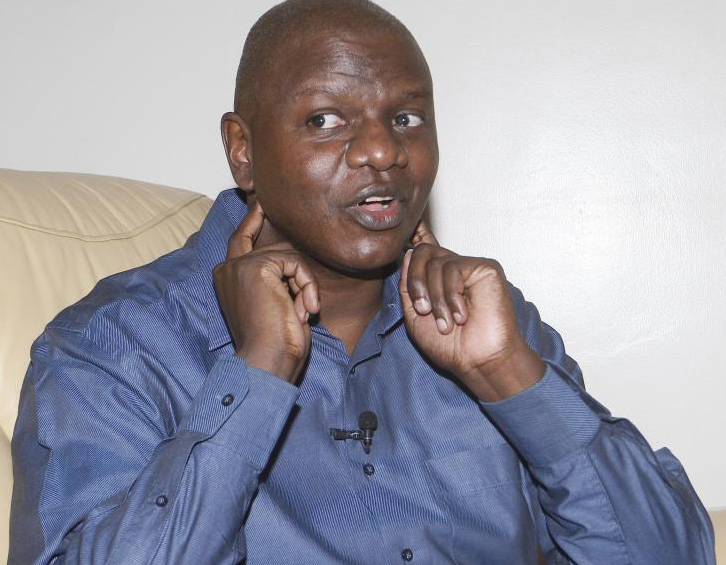×
The Standard e-Paper
Kenya’s Boldest Voice

It’s a Sunday morning when we saunter into KTN News main studio. There is a political discussion on air. The guests look like they are not sure if the person they have seen is who they think he is.
It is Louis Otieno. And the nostalgia in Louis’ face is palpable.